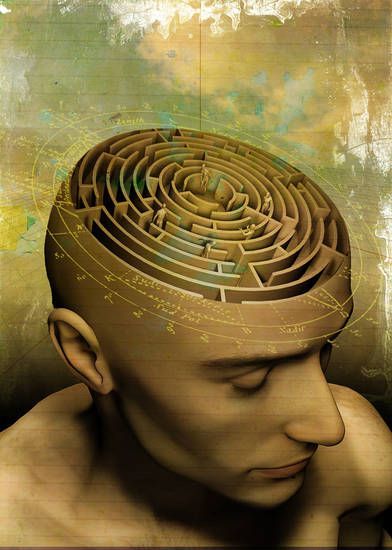It has been said that children carry the trauma of their parents. Genetic studies have verified as much. While our genes may not change in the face of trauma, what gets expressed does, which is all that counts. After all, we are the sum of our expressed genes.
COVID-19 has changed us, fundamentally and completely, as we advance through an ever changing pandemic. As it evolved, so did we. Along the way, we advanced our knowledge in many disciplines. We better understand how the immune system develops and sustains immunogenicity against rapidly mutating viral infections. We better understand how complications from viral infections increase across age groups.
What we do not understand is how data relates to value judgments, the ethical beliefs we create in our minds. When forced to confront both, we reduce things into binary decisions – good or bad, right or wrong. The pandemic, however, is anything but binary. Yet all things pandemic, whether it is mask mandates, vaccines, or social distancing measures, are deemed to be either wholly good or bad – in other words, binary.
It seems to have been this way since the beginning of science itself. Some of the earliest modern scientists in Western Europe, from Galileo to Copernicus, were keenly aware of how their research would be perceived by a looming Christian church. Regardless of how nuanced or insightful their analysis of planetary motion may have been, they knew it would be deemed wholly bad by the church.
Fast forward today, in a world more advanced, we still cannot escape this tendency to ascribe binary value judgments onto complex, scientific topics. Abortion will always be seen through the lens of morality, regardless of how technically precise or safe the procedure becomes. Evolution will always be shunned by those who distill decades of field study into a conjecture that evolution violates religious beliefs.
But the further we advance scientifically, the more obstructive these binary value judgments become. Not just because they impede scientific study, but because they impede how we think, and therefore, how science advances.
For example, the more we learn about evolution, the less we understand it in purely biological terms. Eventually we need to incorporate quantum physics and probability. We then come to a point that we realize that evolution is strange, because evolution actually takes place at a molecular scale. And on such a small scale, fundamental particles and biochemical molecules behave in strange ways. Irrational observations and counterintuitive phenomena are pervasive, forming paradoxes that we have yet to fully understand.
This is not unique to evolution. It is rife throughout science. The more in depth we study a scientific field, the more curious it becomes. The strangeness is illogical, but we try to create logic out of it. And in doing so, we introduce binary value judgments.
When we try to mix the two, we get mythology. This is why humans are natural storytellers. It is what forms out of our tendency to make sense of the strangeness. As a result, the story of science cannot escape our value judgments.
We think we can separate the two, through frameworks like the scientific method, but in reality, we cannot escape the tendency to mix science and values. It is who we are. The pandemic has demonstrated as much.
What we can learn from the pandemic is this – we can change how we combine value judgments into science. This begins by recognizing that science is not a series of objective facts above dispute. In fact, the more we learn, the less objective and concrete it appears.
And at the edges of scientific knowledge reside value judgments that we naturally gravitate towards – forming a complex blend of knowledge and uncertainty, swirling about in a dynamic mix of knowledge creation and value judgments.
Previously we tried to separate the two, or at least create a clear demarcation – follow the science, as we like to say. Instead we must train our minds to acknowledge the complexity within the uncertainty – combine the science with value judgments, is what we should say.
It is a conceptual shift, going against the most innate thoughts that permeate the recesses of our minds. The very thoughts that determine how we ascertain knowledge, how we learn, and how we know what we know – these are the thoughts we must change.
Trauma is a trigger that can compel such change. To overcome it, we must change. And for us to overcome the trauma of the pandemic, we must change how we combine science and values.















